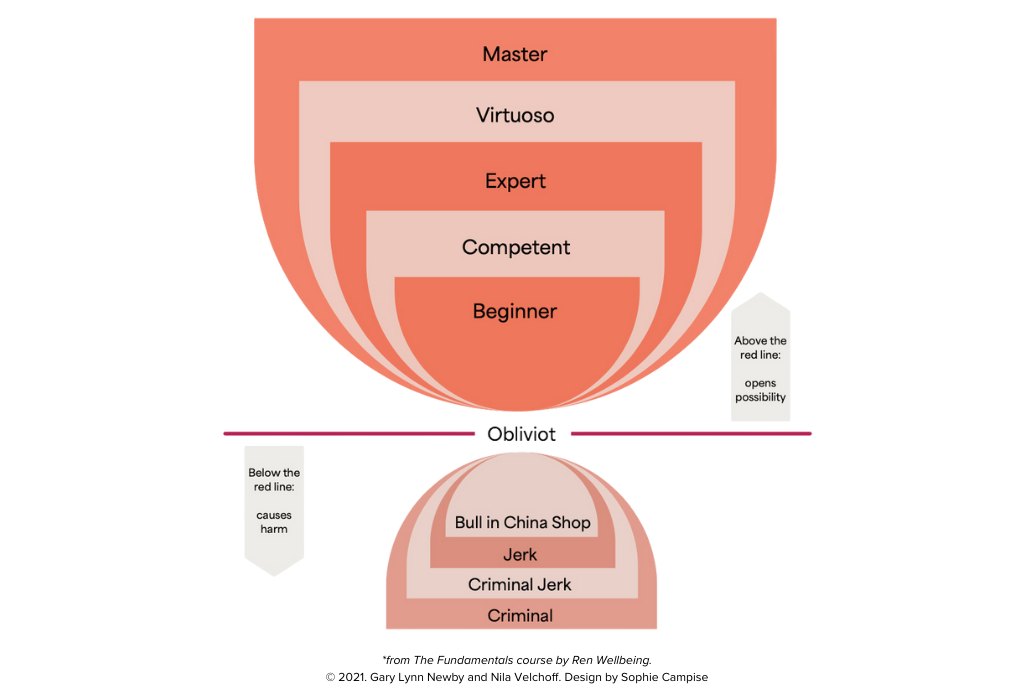Navigating Guilt and Shame in Life Transitions
Life transitions are challenging, whether it's stepping into a new job, relocating, embarking on a big project, or navigating the complexities of a new relationship. Let’s explore the often debilitating emotions of guilt and shame that accompany these transitional phases and unravel the unrealistic expectations that contribute to their presence.
The Origins of Guilt and Shame in Transitions
Guilt and shame during life transitions stem from a common source – the belief that we should already be good at handling the situation. When we are faced with challenges, we tend to impose this unrealistic and ungrounded expectations on ourselves, expecting flawless navigation through unfamiliar territories. It's this mismatch between our expectations and the reality of being a beginner in a new space that leaves us vulnerable to guilt and shame.
Embracing Beginnership
The truth is, transitioning into something new inherently places us in a state of beginnership. Whether it's a new job, project, or relationship, acknowledging that you don't have all the answers is a crucial aspect of navigating transitions. Instead of succumbing to guilt, recognize that being a beginner is a natural part of the process.
The Key: Learn and Gain Competency
In beginnership, you don't need to have all the answers. The key is to embrace the learning process and understand how to start getting those answers, how to start gaining competency, how to start learning the new skills in the new situation. Transitions are opportunities for growth and expansion, and you won’t be an expert from the start. Seek help, actively pursue competency, and focus on gaining the skills necessary to anchor yourself in the new space.
Say Goodbye to the Myth of “Shoulds”
The guilt and shame arise from the myth that you should automatically know how to handle every aspect of a new situation. It's essential to get rid of this myth and replace it with a more grounded, realistic understanding – seeking help, gaining competency, and embracing the learning curve are not signs of weakness but instead are actually integral steps in the necessary process of growth, expansion, and awakening.
Take the Next Step: Seek Help and Gain Competency
To truly grasp the concept of being in beginnership, you need to understand what we mean when we say competency. The Ren Framework for Competency provides valuable distinctions on understanding how competency operates in the real world and how to attain it in everyday life. Recognize that seeking help and gaining competency are not just optional; we do it all day long, every day.
Conclusion: Embrace the Journey
Guilt and shame during life transitions are often rooted in the unrealistic expectation that you should already know how to do this. Embrace the fact that being a beginner is natural, and focus on learning and gaining competency. Seek help, acquire the skills needed, and remember that transitions are opportunities for personal and professional development. Embrace the journey, and you'll find strength in navigating the complexities of transitions and change.


